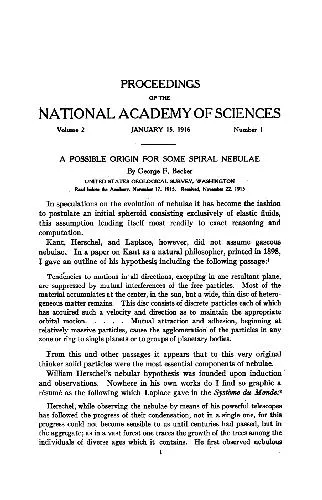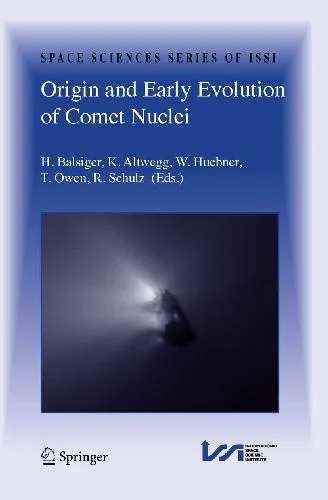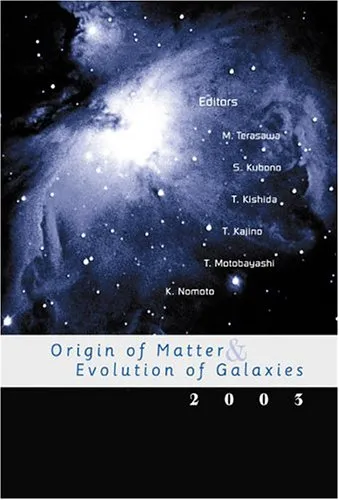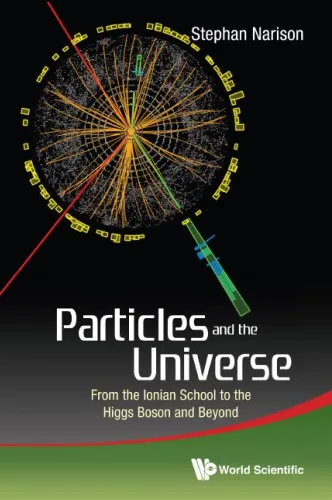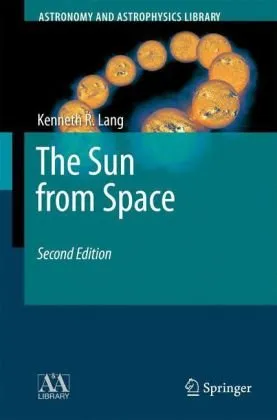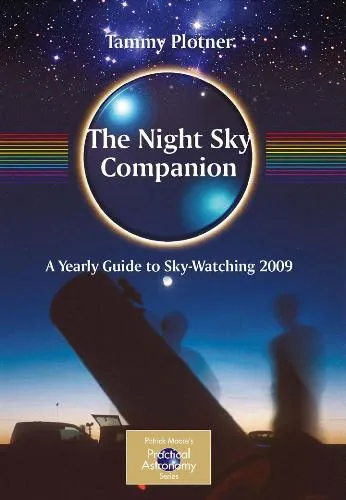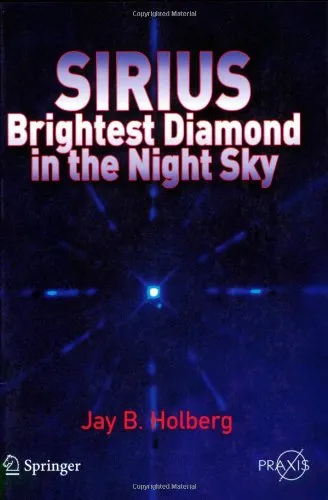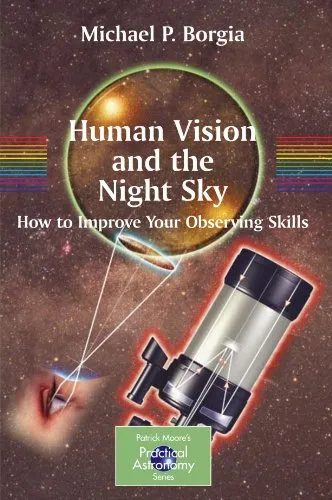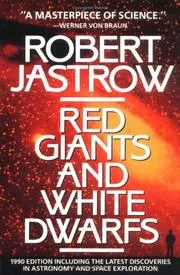A Possible Origin for Some Spiral Nebulae (1916)(en)(8s)
4.3
Reviews from our users

You Can Ask your questions from this book's AI after Login
Each download or ask from book AI costs 2 points. To earn more free points, please visit the Points Guide Page and complete some valuable actions.Related Refrences:
Introduction to "A Possible Origin for Some Spiral Nebulae (1916)"
"A Possible Origin for Some Spiral Nebulae" by Becker G. F. is a profound exploration into the formation and characteristics of spiral nebulae, a topic that has piqued the curiosity of astronomers and astrophysicists alike since the early 20th century. This seminal work, published in 1916, delves into the astronomical phenomena with a scientific rigor that was ahead of its time, aiming to shed light on some foundational concepts that underpin modern astrophysics.
Detailed Summary of the Book
Becker's book outlines the observations and theoretical considerations around spiral nebulae, which were a significant astronomical enigma during the early 1900s. The text systematically presents hypotheses regarding the genesis of these fascinating cosmic structures, drawing from empirical data as well as contemporary astronomical theories. The author applies the principles of celestial mechanics and observational astronomy to suggest that spiral nebulae could be the result of particular dynamical processes in the universe. Noteworthy for its use of scientific method, the book marshals a variety of insights from various sub-disciplines in astronomy, proposing that the nebulae might form through gravitational and centrifugal interactions among celestial bodies.
The book discusses the possible roles of dark matter and other astrophysical phenomena in the creation of spiral nebulae, although the term "dark matter" hadn't been coined in 1916. Instead, Becker uses the conceptual framework available at the time to argue for the existence of unseen forces or masses that could influence the structure of nebulae. "A Possible Origin for Some Spiral Nebulae" serves as a foundation for many contemporary studies in cosmic formation and evolution.
Key Takeaways
- The book emphasizes the importance of empirical observation coupled with theoretical postulation in understanding cosmic phenomena.
- Becker proposes a model that involves gravitational dynamics as a crucial factor in the formation of spiral nebulae.
- The text serves as an early exploration into what would later be recognized as critical concepts in the study of galaxies and the broader universe.
- It offers insights into the methodological approach needed for the study of astrophysics, balancing empirical data with theoretical models.
Famous Quotes from the Book
"In the spirals of the nebulae, one might conceive the dance of cosmic forces, unseen yet manifest in the grand design of the universe's architecture."
"The nebula's arms reach out into the void, a celestial testament to the forces that shape our cosmos."
Why This Book Matters
"A Possible Origin for Some Spiral Nebulae" is critical to the historical understanding of astronomical phenomena, providing a glimpse into the scientific inquiries that predate many contemporary theories. The book stands as a testament to early 20th-century scientific innovation and curiosity, highlighting the progress humanity has made in unraveling the mysteries of the cosmos. Becker's work remains relevant as it demonstrates the importance of questioning and exploring the universe, inspiring future generations of astronomers and scientists.
By integrating observations with theoretical speculation, Becker laid the groundwork for future research in the field of astrophysics. The ideas presented, although proposed over a century ago, still echo in current studies, reflecting the enduring value of the author's insightful contributions. As an academic and historical work, the book offers educators, students, and enthusiasts a deeper understanding of how scientific perceptions of the universe's structure have evolved.
Free Direct Download
You Can Download this book after Login
Accessing books through legal platforms and public libraries not only supports the rights of authors and publishers but also contributes to the sustainability of reading culture. Before downloading, please take a moment to consider these options.
Find this book on other platforms:
WorldCat helps you find books in libraries worldwide.
See ratings, reviews, and discussions on Goodreads.
Find and buy rare or used books on AbeBooks.
1365
بازدید4.3
امتیاز0
نظر98%
رضایتReviews:
4.3
Based on 0 users review
Questions & Answers
Ask questions about this book or help others by answering
No questions yet. Be the first to ask!
